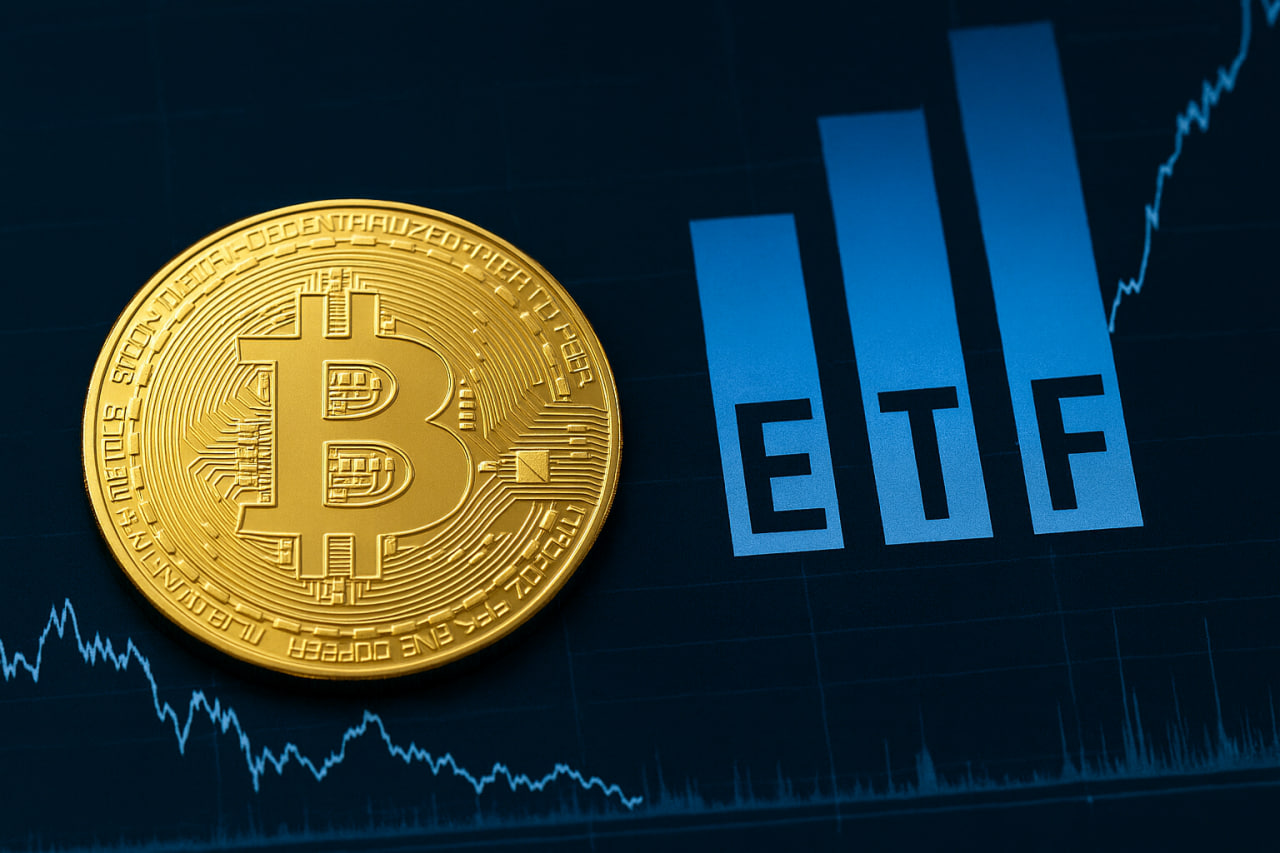Chainlink co-founder Sergey Nazarov argues that the missing ingredient is a shared set of standards — rules that can make blockchain transactions as seamless and trusted as sending an email.
Nazarov highlights that today’s trades often span multiple blockchains, rely on outside data, and even involve compliance or identity checks. Without a common framework, every new deal becomes a costly puzzle of technical integrations. He believes standards can cut through that, reducing friction by up to 90%.
Chainlink is already rolling out the infrastructure to make this work. Its CCIP protocol is designed to handle cross-chain transfers, data standards help unify asset pricing, and new identity tools simplify verification. Rather than reengineering every transaction from scratch, counterparties can simply plug into the same baseline architecture.
This approach has positioned Chainlink as one of the most widely used platforms in DeFi, securing the majority of protocols. But Nazarov’s ambitions extend far beyond crypto-native projects. By exporting these standards to banks, asset managers, and payment networks, he sees the chance to merge trillions of dollars in traditional finance liquidity with decentralized systems.
In his view, the result would be nothing less than a new global fabric for finance — an “internet of contracts” where decentralized and traditional markets converge under a common language of trust, automation, and interoperability.
The information provided in this article is for educational purposes only and does not constitute financial, investment, or trading advice. Coindoo.com does not endorse or recommend any specific investment strategy or cryptocurrency. Always conduct your own research and consult with a licensed financial advisor before making any investment decisions.
The post Chainlink Expands Beyond DeFi With Standards for TradFi Integration appeared first on Coindoo.















 Bengali (Bangladesh) ·
Bengali (Bangladesh) ·  English (United States) ·
English (United States) ·